Any references to military experience or veteran status, within this interview, neither constitute nor imply endorsement by the Department of Defense, the Department of the Army, the National Guard, or any other U.S. Government agency.
After a quick school update Kevin starts us off by asking; “What inspired you to seek a city council position?” Greg reminds us he first jumped into the August special election seeking a seat in the United States Congress District 15. While he was unsuccessful in that primary bid he viewed it as an opportunity to support Allison Russo and grow his knowledge of state politics. On the local side the decision to seek the council seat followed on his military retirement and his desire to continue serving the community he’s lived in (and raised his family through) for 26 years. He wants to grow citizens' feelings of empathy and safety in the community.
Jordan asks Greg to expand on his commitment from “Meet the Candidate” night to unite local government and how he conceptualizes the relationship between various stakeholders locally. Greg suggests rooting the belief in the job of government in trying to provide for people should go a long way to remind public servants to work together towards empowerment and safety.
Jordan follows up by asking Greg to talk about his logistical and planning experience in the military. Greg describes some of his career and how those processes - in some ways - mirror what he’s seeing in the organization of Hilliard’s planning and decision making. Greg continues to describe what he sees as an iterative process at work in the Hilliard Community Plan - with multiple established decision points for input from those affected.
We shift the conversation to the emerging “big documents” among our city’s major bodies and how they might come to mirror each other and interact over the upcoming years. Greg describes a military principle known as COP (Common Operational Picture) and how it encapsulates his desire to see deliberate, official process expand between Council, School Board, Township, and other local entities so people can understand how they’re expected to work together and how they share all manner of responsibility. The inter-agency planning process within the military and specifically the National Guard is discussed as well.
Greg talks about how any good response is a product of ongoing planning and collaboration that must be centered, evaluated and re-centered after every situation.
Jordan asks Greg to talk about the challenges of serving in local office with integrity with so much to learn and master in an entirely new environment. Greg relates a story from his early career where his mother gave him a small clipping just after his commissioning as an officer.
“Rank does not confer privilege or give power. It imposes responsibility.” — Peter Drucker
Greg expands on his belief that service is a morally accountable job and leadership requires a lot of care and understanding of existing structures and expertise to succeed overall.
Tim’s “What’s your favorite twenty pages?” question returns as Greg quickly highlights his desire to see the “Trail Town” elements forwarded but also the more socially designed areas of more mixed community use and flourishing walkable environments. The small town life on every corner and how each person should eventually have access to it.
Tim continues by asking Greg to compare the planning complexity he sees at the local, municipal level with some of the planning extremes he saw in the military.
Greg talks about the absolute necessity of any partners (military or municipal) who share plans to commit to thoughtful responses that can accommodate change but begin from agreed upon priorities. That way, all actors can know and act confidently in decisive moments.
Tim asks Greg to talk about the local response to some of the more chaotic occurrences we’ve seen and the destabilizations they might cause to life in Hilliard. Greg talks about being able to understand how the larger government structures can and should work together in crisis. He also talks about his experience with deployment of National Guard resources to help out in these situations.
Jordan asks Greg to think big picture about the future of Ohio given all the possibilities we have as a state in this new era of growth. He responds by talking about positioning Hilliard via a fully prepared city government to take advantage of any and all developments in renewable energy and to become an exemplar for how to move forward and get these transitions done. Jordan adds in some thoughts about the course municipally owned or subsidized power provision might take given state level regulations.
Kevin comes back around to ask about the nature of Council relations and the potential for obstruction and getting members together around necessary business.
Jordan wraps up with a question about how Greg hopes to see Hilliard develop commercially. He responds by reminding us that as a military career advances you spend more and more time listening and seeking opportunities to create relationships and get things done through expertise and partnership - soliciting engagement that leads to lasting value for everyone. Those development opportunities will be there - it’s knowing how to say “yes,” with the support of your population and team.
This leads to a final question about how citizens can best see themselves as “in charge” or engaged in this whole process?
We hope you enjoy this series and we are taking this very seriously.
We would like to extend a perpetual “thank you” to candidates and officials willing to make themselves available in this format.
Featured below is the guiding document we developed - drawing on decades of Kevin Corvo’s reporting experience - to provide residents the best chance to get to know the candidates you’ll be asked to vote for this November.
2023 Hilliard Beacon Election Candidate Interview Guidelines
Purpose of this document:
Create a framework for candidate interviews that will lend consistency to the overall project in an effort to keep the interviews fair and unbiased
Provide candidates with an idea of what to expect during the interview
Purpose of the interviews:
Provide a resource for Beacon Readers (and Hilliard voters in particular) to hear from candidates in a neutral environment so they can vote with confidence.
Give candidates the chance to speak at length about the issues they consider most important.
General format for the interview:
Timeframe for the interviews is open-ended. Most of our podcasts last about 40-50 minutes.
We will start with introductions and some chit-chat, then into questions.
Candidates will have the last word at the end of the interview to direct people to websites, fundraising, and ongoing contact.
General questions we may ask:
What’s your background/history in public service?
Why are you running for office?
What are the most important issues facing Hilliard and what can we expect of you if you win?
Outside your family and upbringing how did you develop your essential “common sense?”
Specific to longstanding and or ongoing issues in and around Hilliard as it pertains to our key focus areas - development, city governance, schools administration.
Of the 5 focus areas highlighted by the community plan which do you feel should be prioritized and how?
When it comes to Land Use how do you feel Hilliard should proceed with the Big Darby Accord?
On the subject of TIF - talk about your understanding of recent Hilliard history and how we got here via Issue 9 - Issue 25 - The Hilliard Development Corporation - and tax abatements in general? Examples: BMW Financial - Hickory Chase.
We will be putting considerable time into talking about the Community Plan- we’ll ask what you like about it, what you do not like about it, and what policies you will pursue in light of the plan.


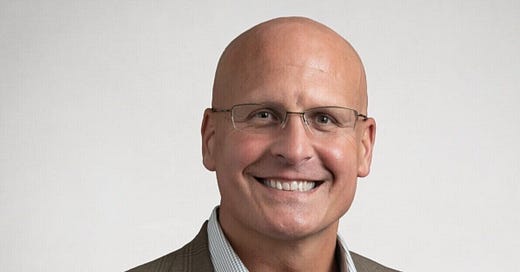





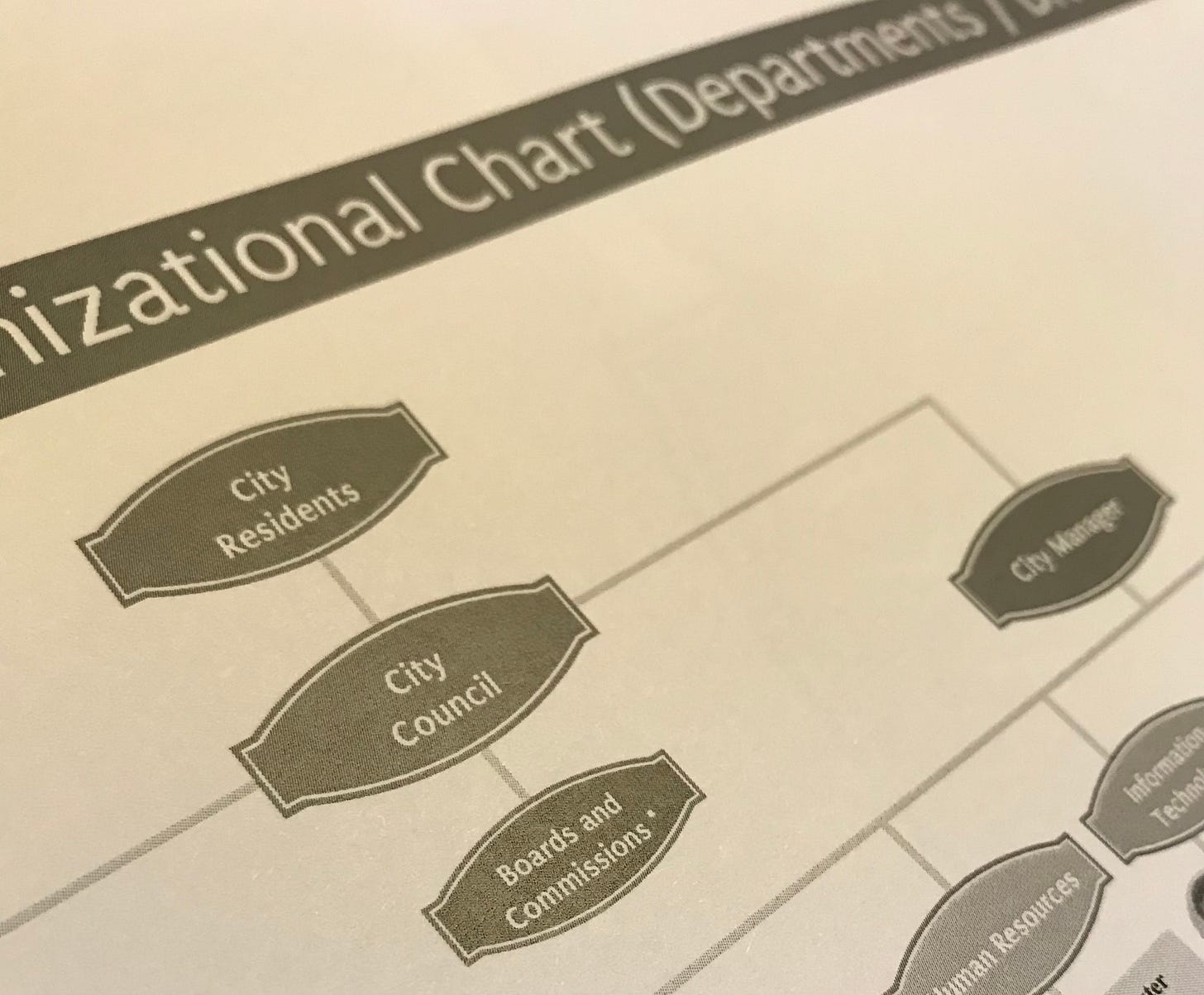





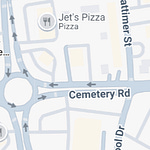


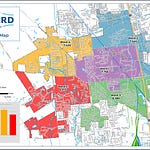
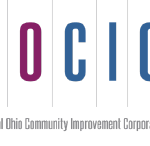

Share this post